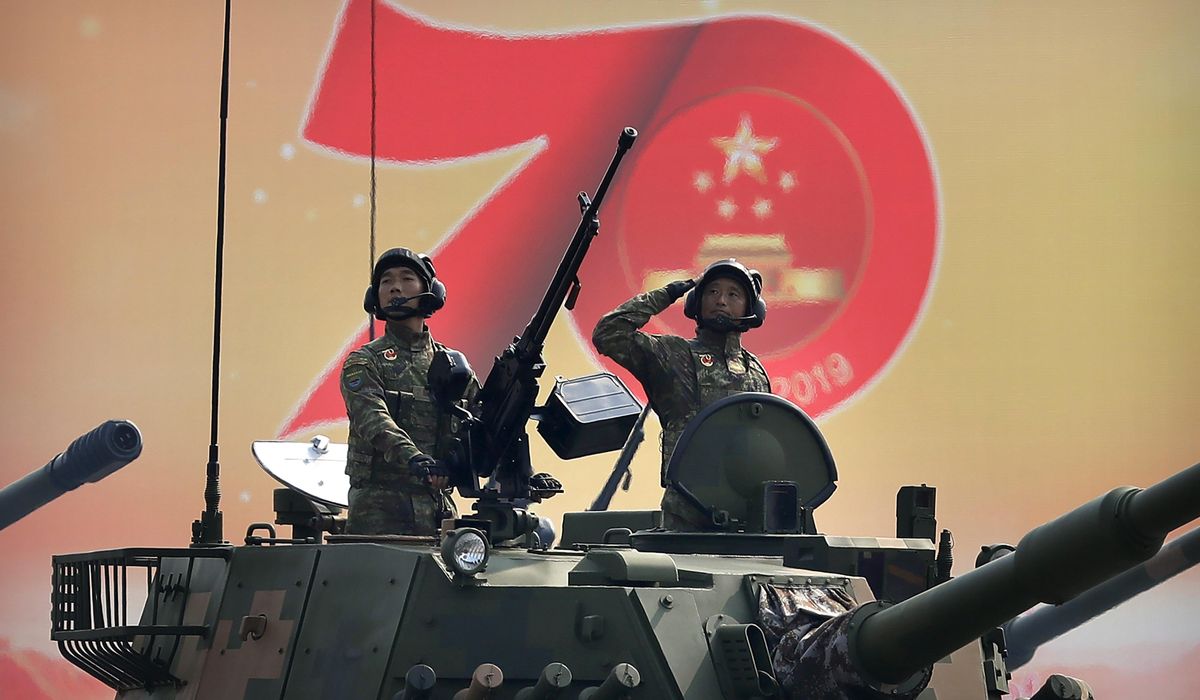A recent article in the Washington Times suggests that the current PRC military build up and aggressive foreign policy could be the impetus for the creation of an Asia Pacific version of NATO. Although the article states Asia, I have used the term Asia Pacific because it better describes the region.
This has been tried before with SEATO (South East Asia Treaty Organisation) which fell off its perch from asphyxiation. Whilst the US, Australia and NZ were keen participants, the rest of the region weren't, having a different viewpoint. I believe that they didn't see communism as a clear and present danger in the way that the US, Australia, and to a lesser degree NZ did, because of cultural differences and different world views. That is still seen in ASEAN today.
So what has changed? The PRC has become more assertive and built up the PLA technically from a peasant army to a high technological and capable multi domain force. But I do not think that the mindset of ASEAN has changed to the point where it would be comfortable with a military alliance similar to NATO. Also India is non aligned and for it to entertain joining such an alliance is a major foreign policy shift that would create domestic political problems for whatever political Party that proposed such a shift.
If it is indeed NATO pushing this proposal, what's in it is for them? Secondly why are they considering it's a geographical area well outside their area of responsibility or interest?

 washingtontimes.com
washingtontimes.com
This has been tried before with SEATO (South East Asia Treaty Organisation) which fell off its perch from asphyxiation. Whilst the US, Australia and NZ were keen participants, the rest of the region weren't, having a different viewpoint. I believe that they didn't see communism as a clear and present danger in the way that the US, Australia, and to a lesser degree NZ did, because of cultural differences and different world views. That is still seen in ASEAN today.
So what has changed? The PRC has become more assertive and built up the PLA technically from a peasant army to a high technological and capable multi domain force. But I do not think that the mindset of ASEAN has changed to the point where it would be comfortable with a military alliance similar to NATO. Also India is non aligned and for it to entertain joining such an alliance is a major foreign policy shift that would create domestic political problems for whatever political Party that proposed such a shift.
If it is indeed NATO pushing this proposal, what's in it is for them? Secondly why are they considering it's a geographical area well outside their area of responsibility or interest?

China military might spur talks of ‘Asian NATO’
China’s growing military prowess and increasingly aggressive foreign policy have revived talk among U.S. and European officials of creating an “Asian NATO” of regional powers to contain communist Beijing’s expansionist ambitions.
